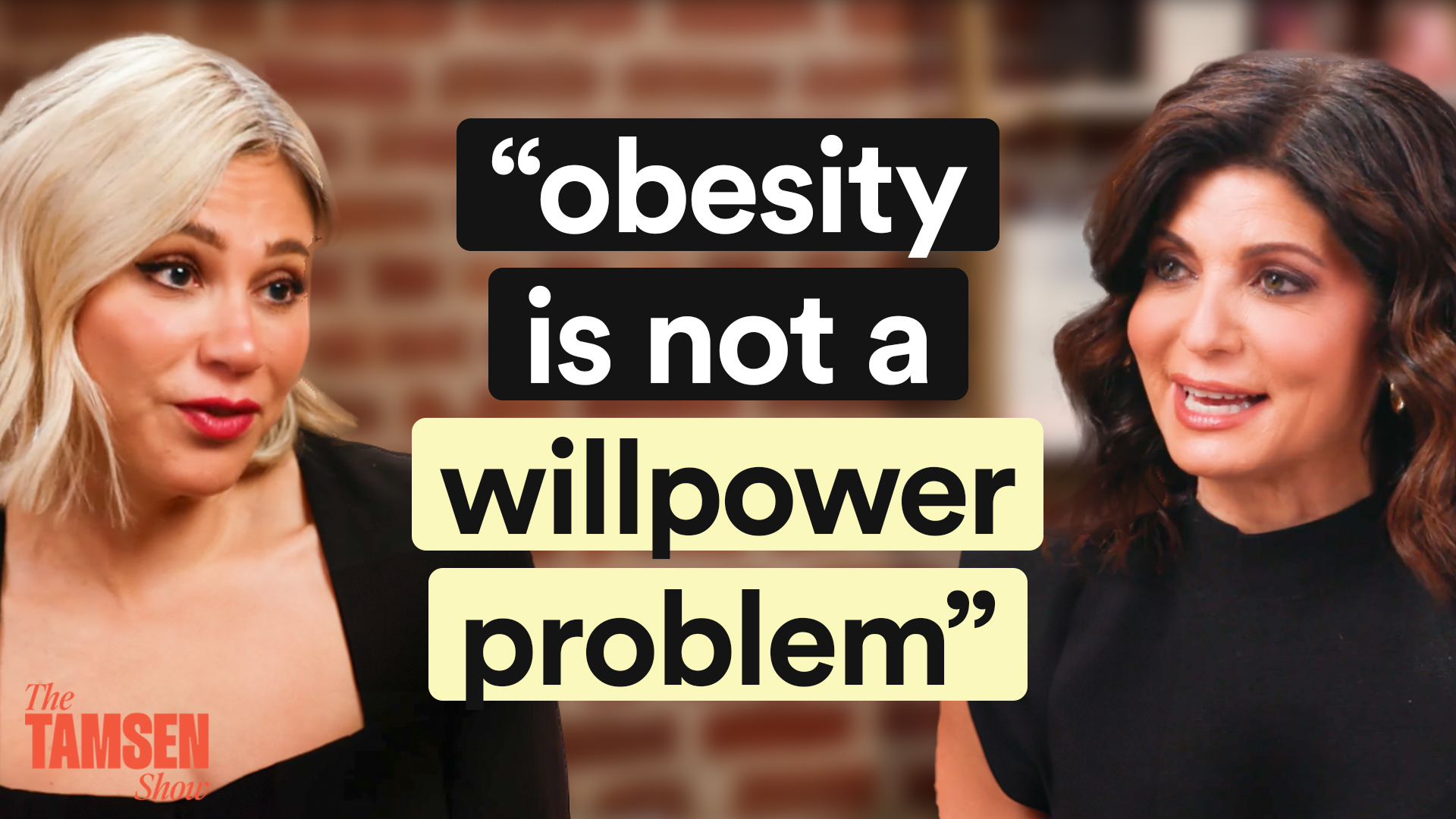During menopause, headaches can become a frequent and incredibly frustrating occurrence. This symptom can easily disrupt your day-to-day tasks and prove challenging to manage. Personally, I’ve had my share of headaches over the past several years, and it can be incredibly difficult to deal with them amidst the myriad of other menopausal symptoms. The hormonal fluctuations that occur during this transitional phase can trigger headaches, making it essential to understand their causes and figure out ways to manage and reduce them that work best for you.
Why do headaches occur in menopause?
Significant hormonal changes occur during menopause, particularly the decline in estrogen and progesterone levels. These hormonal fluctuations can trigger headaches, including migraines, as estrogen affects the regulation of pain and inflammation. This decrease in estrogen can also lead to increased sensitivity in the brain's blood vessels, making headaches more likely and more painful. Other menopausal symptoms such as stress, sleep disturbances, and dehydration can further contribute to headache frequency and severity as well. Additionally, lifestyle factors like poor diet, lack of exercise, and caffeine withdrawal can exacerbate headaches during this transitional phase. It’s essential to distinguish between regular headaches and those that might indicate a more serious condition.
How can l deal with headaches during menopause?
Identify your triggers
Create a headache diary! Tracking your headaches and what may have set them off is so important for creating a solid treatment plan. Make note when your headaches occur, their intensity, and other patterns or environmental factors you notice. Getting into this habit will help you to make targeted adjustments to your lifestyle and diet.
Healthy diet
Maintaining a balanced diet rich in fruits, vegetables, whole grains, lean proteins, and healthy fats can significantly help manage headaches. Avoid foods known to trigger headaches, such as processed meats, aged cheeses, alcohol, and caffeine. Staying well-hydrated is equally important, as dehydration is a common trigger for headaches. Aim to drink plenty of water throughout the day to keep your body hydrated. Set a goal for eight glasses of water a day.
Exercise regularly
Engaging in regular aerobic activities like walking, swimming, or cycling can improve blood flow, reduce stress, and prevent headaches. Be sure to also balance it out with strength training exercises. This type of workout builds muscle mass and supports overall health. Regular physical activity can improve sleep and reduce your stress levels, both of which, when not managed, can exacerbate headache symptoms.
Manage stressors
Practicing relaxation techniques such as deep breathing, progressive muscle relaxation, or guided imagery can help manage stress and reduce anxiety, which can contribute to headaches. Engaging in mindfulness practices and meditation can improve focus, reduce stress, and promote emotional well-being, all of which are so important for mitigating headaches.
Adequate sleep
Establish a consistent sleep routine by going to bed and waking up at the same time every day. This might sound difficult, but it’s so important! Also, make sure your bedroom is optimally designed to help you sleep: keep it cool, keep it dark, and keep it quiet.
If you experience sleep problems, discuss them with your healthcare provider to identify and treat underlying causes, as poor sleep can significantly increase the likelihood of headaches.
Pain management
Using over-the-counter pain relievers such as ibuprofen or acetaminophen can help you manage mild to moderate headaches. Always follow dosing instructions and talk to your doctor if you have any concerns. If your headaches are severe or frequent, your doctor may prescribe medications specifically designed to prevent or treat migraines.
Hormone Replacement Therapy (HRT)
If headaches are significantly impacting your quality of life and you’ve tried other remedies, it might be worthwhile to discuss the option of hormone replacement therapy with your doctor. It has changed my entire menopause experience. HRT can help stabilize hormone levels, potentially alleviating a range of menopausal symptoms, including headaches. By rebalancing estrogen and progesterone, HRT can address the root cause of the hormonal fluctuations that cause many of our symptoms. It’s important to weigh the benefits and risks with your doctor to ensure it’s the right choice for your health needs.
Supplements
Adding certain supplements to your routine can also support headache management. Magnesium supplements are particularly beneficial as magnesium deficiency is often linked to increased incidence of headaches. Additionally, some studies suggest that riboflavin (Vitamin B2) can significantly reduce the frequency of migraines. However, make sure to consult your doctor before starting any new supplement. You want to make sure what you’re thinking of adding to your regimen doesn't interfere with any other medications or conditions.
Lifestyle adjustments
Making mindful lifestyle adjustments can play a significant role in mitigating this symptom. Consistently eating balanced meals helps maintain stable blood sugar levels, preventing headaches caused by fluctuations. I know our days can get busy and it’s easy to let a breakfast or lunch slip, but it’s vital to make sure you’re fueling your body properly.
Furthermore, reducing screen time can minimize eye strain, which is a common trigger for headaches. Implementing these small but impactful changes can contribute to a noticeable reduction in headache frequency and severity. My biggest tip? Pick up a book instead of your phone before bed!
Explore alternative therapies
Exploring alternative therapies can offer additional relief. Acupuncture, for instance, has been shown in studies to reduce the frequency and intensity of headaches by improving blood flow and relieving tension. Similarly, herbal supplements such as butterbur and feverfew have been used by many women to alleviate headache symptoms. As with any treatment, it's essential to consult your healthcare provider before trying anything new.
Headaches during menopause can be disruptive, but they can be managed effectively with the right strategies. Prioritize a balanced diet, regular exercise, and adequate sleep to maintain overall health and reduce headache frequency. Stress management techniques such as deep breathing, meditation, and yoga can also play a crucial role in alleviating symptoms. Consult your healthcare provider to discuss options like hormone replacement therapy or other medical interventions that may be appropriate for you. By keeping a headache diary, you can track symptoms and identify potential triggers, helping you develop a more personalized and effective management plan. With these adjustments and a proactive approach, you can reduce the frequency and severity of headaches, ultimately improving your overall quality of life during menopause.
Additional Resources:
Secrets To Thrive In Menopause: Download this free guide to learn my top secrets to thrive in menopause.
Menopause Symptom Tracker: Track your symptoms and get connected to physicians and organizations that can help you!
The information contained on this website is intended for informational and educational purposes only. It is not intended to be a substitute for the advice of an appropriately qualified and licensed physician or other healthcare provider.






.jpg)
.jpg)







